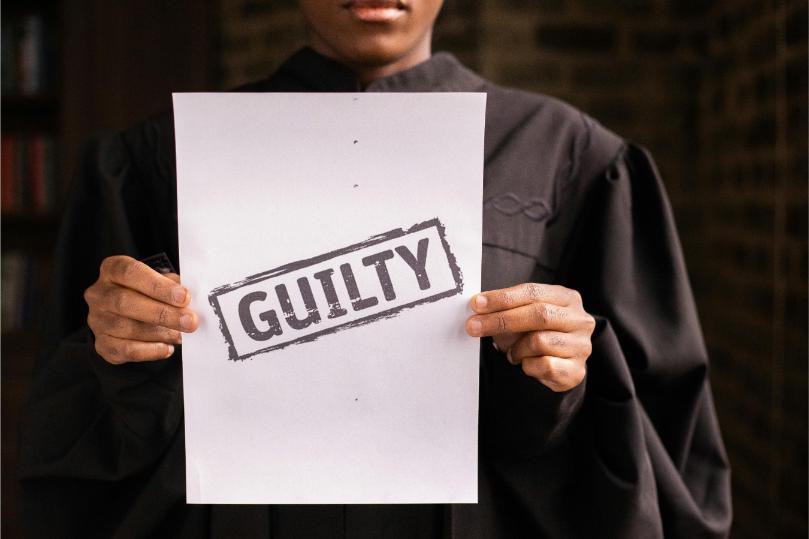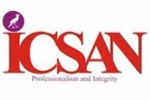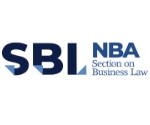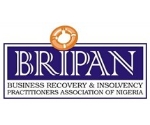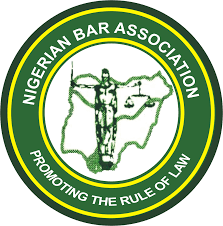Lifting the Corporate Veil: Director’s Liability for Company Fraud
A company is considered a separate legal entity distinct from its shareholders and directors. This means that the company has its own rights, obligations, and liabilities, which are separate from those of its owners and/or those who manage the company.
As a result, shareholders and directors are generally not personally liable for the debts and obligations of the company beyond their investment in it, this concept is known as the ‘corporate veil’ and it is the cornerstone of modern business law.
In this article, we will delve into the meaning and implication of the corporate veil as well as explore situations where directors can be held personally liable for acts of the company (known as ‘lifting the corporate veil’ or ‘piercing the corporate veil’).
Understanding the Corporate Veil & Its Implication.
The corporate veil refers to the legal separation between a company on one hand and its shareholders/directors. It shields individuals from personal liability for the company’s actions, debts, and obligations. It implies that the shareholders or directors of a company are not liable for the company’s acts or omissions.
Lifting/Piercing the Corporate Veil
While the corporate veil provides important protections, there are circumstances where courts may disregard the separate legal identity of a company and hold shareholders and directors personally liable.
Common grounds for lifting the corporate veil are:
Fraud and Misrepresentation
One of the most compelling reasons for lifting the corporate veil is when the company is used as a vehicle for fraud or other illegal activity. Fraudulent activities within a company can take various forms, including embezzlement, financial misrepresentation, insider trading, and bribery.
When directors engage in or knowingly facilitate any of these activities, the courts may lift the corporate veil and hold the directors personally liable for the debts of the company especially if it is found that the directors breached their fiduciary duties or acted negligently.
Courts will examine factors such as the directors’ knowledge of the fraud or crime, their actions to stop or report it, and whether they took reasonable steps to minimize loss in general.
In addition to the above, directors can also face personal liability for fraud in cases of fraudulent conveyance or asset stripping, which occurs when directors transfer company assets to themselves or related parties with the intent to defraud shareholders and/or creditors or avoid liabilities.
Breach of Fiduciary Duty
Directors have a fiduciary duty to act in the best interests of the company and its stakeholders. Directors could be held accountable when they breach their fiduciary duty.
They must exercise reasonable care, skill, and diligence in the performance of their duties and where they knowingly or recklessly disregard their duties and allow illegal activities to occur within the company, they will be held liable for any resulting harm or losses to the company.
Illegal Use of Corporate Structure
Where shareholders and directors abuse the corporate structure to evade legal obligations or defraud creditors, courts may lift the corporate veil. This could include using the company as a mere façade for personal illegal dealings such as money laundering or make use of the company as a conduit for money laundering by third parties.
Noncompliance with Regulations & Regulatory Bodies
When shareholders and directors fail to maintain compliance required by law, such as holding regular meetings, maintaining accurate financial records, or observing proper corporate governance practices, courts may disregard the separate legal identity of the company.
Implications of Lifting the Corporate Veil
When the corporate veil is lifted, shareholders and directors are recognized and regarded as the actors behind the veil and will be held personally liable for the debts and obligations arising from such acts or omissions.
This may involve having to repay creditors, compensate injured parties, or face legal penalties for fraudulent or unlawful conduct. These penalties may go as far as a term of imprisonment if found culpable for crime. As such, lifting the corporate veil can have significant financial and reputational consequences for the parties involved.
Conclusion
While the corporate form of a company provides important protections to shareholders and directors, the protection is not absolute, and lifting of the corporate veil may be warranted in cases of fraud, illegality, or abuse of the corporate structure.
By allowing courts to pierce the veil under specific circumstances, the legal system upholds principles of fairness, transparency, and integrity in corporate governance.
It reinforces the notion that the privilege of a company as a separate legal entity should not shield individuals from personal responsibility for wrongful actions. As such, the judicious application of the doctrine of lifting the corporate veil ensures the integrity of commercial transactions, promotes trust in the marketplace, and safeguards the interests of stakeholders.
Businesses, directors and stakeholders especially, are advised to ensure compliance with legal obligations, maintain transparency, good governance, and reasonable care and skill when handling the affairs of a company.
Berkeley Legal is a leading business law firm in, Nigeria. We provide a comprehensive and sophisticated range of specialized and personalized legal services that are designed to meet the various needs of highly diversified local and international businesses.
If you would like to know more about lifting of the corporate veil and director’s liability for corporate frauds, please contact info@berkeleylp.com
The information provided in this article is for general informational purposes only and does not constitute legal advice.

